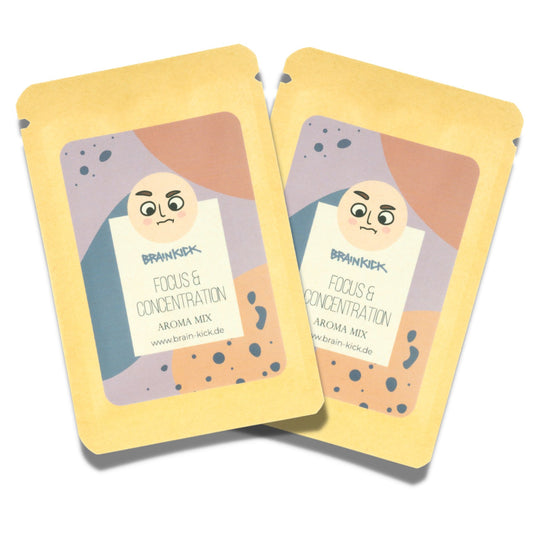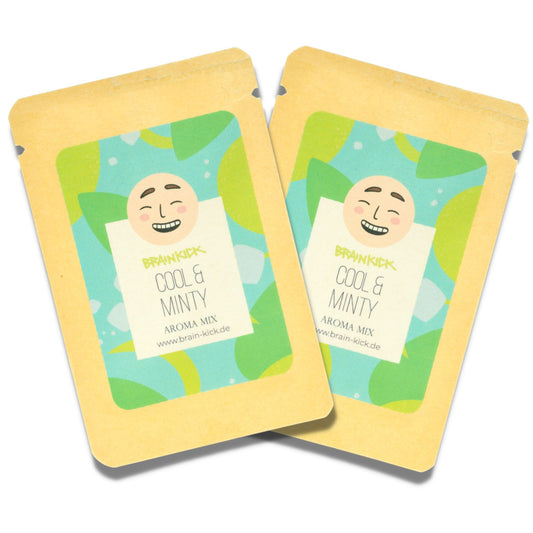Essential oils have long been known for their therapeutic properties and are increasingly being considered in modern alternative medicine.
From relief from stress to the treatment of infections, these natural plant extracts offer numerous health benefits. In this article we explore some of the diverse options that essential oils offer and how they can be integrated into everyday life.
1. Anxiolytic aromatherapy
Several essential oils, including lavender, rose and orange, have proven to be effective in aromatherapy to reduce anxiety and stress (Setzer, 2009).
2. Medical properties
Essential oils have a wide range of health -promoting properties, including antibacterial, antifungals, cancer -inhibiting and antiviral effects (Raut & Karuppayil, 2014).
3. Therapeutic potential
The fleeting components of essential oils can help treat cardiovascular diseases, cancer and infections, as well as improve the transdermal output of active substances (Edris, 2007).
4. Additional treatment
Aromatherapy with lavender and peppermint can reduce anxiety and nausea and treat infections in surgical patients (Stea et al., 2014).
5. Antibacterial effect
Lavender, rosemary and ylang-ylang oils are effective in the significant reduction (Kurniawansyah et al., 2018).
6. Inhibitory activities
Essential oils have anti-inflammatory and antioxidant properties that can be useful in the food, cosmetics and health sector (Miguel, 2010).
conclusion
Essential oils offer a variety of health benefits, but should be used carefully due to their potential side effects. Your integration into everyday life can be an effective way to increase well -being.









